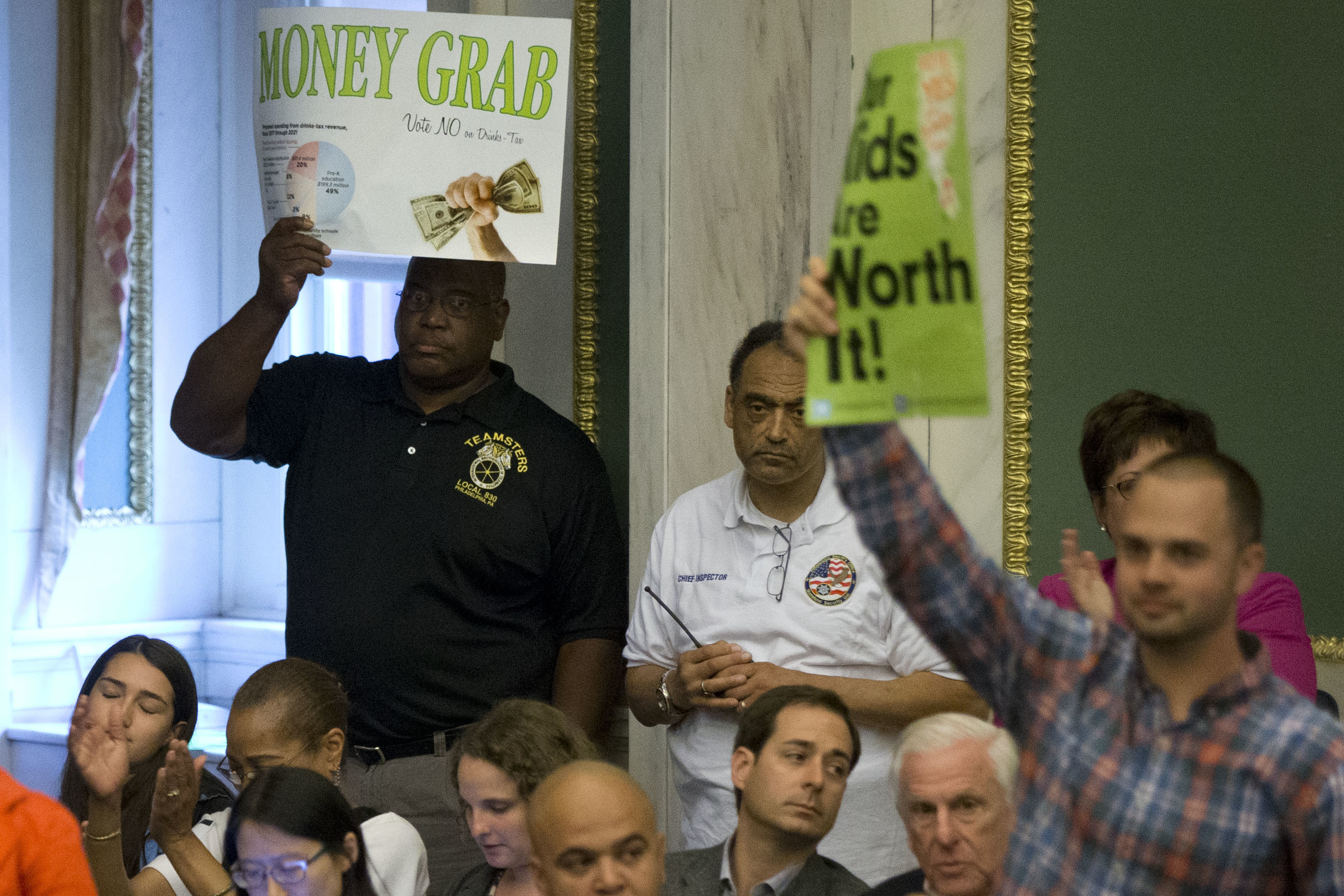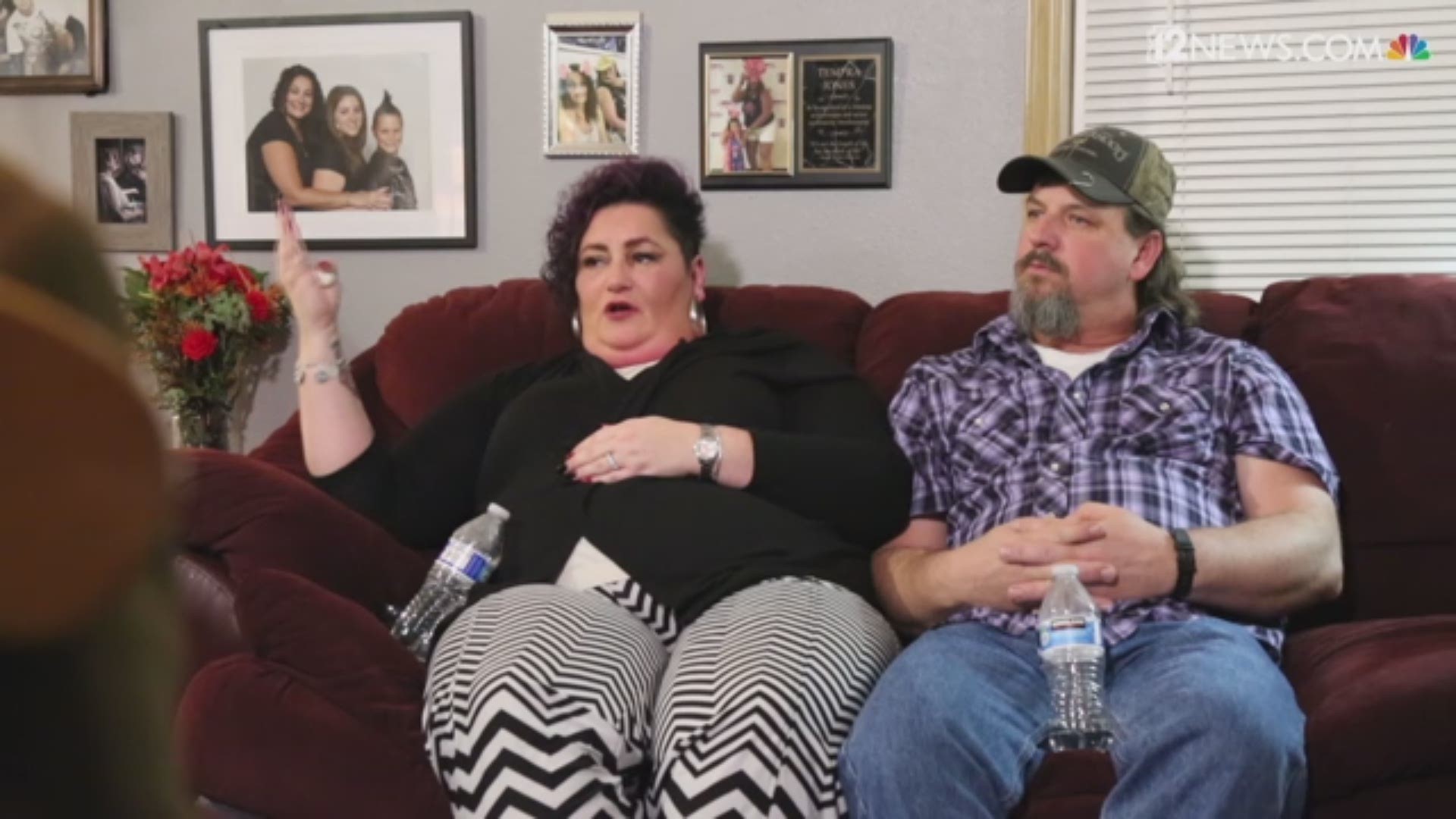Philadelphia on Thursday became the first major U.S. city to approve a tax on soft drinks.
![Soda tax passes in Philly: What does this mean? [video : 86009804]](http://videos.usatoday.net/Brightcove2/29906170001/2016/06/29906170001_4945890221001_4945879735001-vs.jpg?pubId=29906170001)
By a vote of 13-4, the Philadelphia City Council approved a 1.5-cent-per-ounce tax that will affect sodas and other sugary drinks, including teas, sports drinks and energy drinks. Drinks exempt from the tax are those that are more than 50% fruit juice, vegetable juice or milk, said Lauren Hitt, the communications director for the mayor's office.
The tax is expected to raise $91 million annually and fund city projects including pre-kindergarten expansion, the creation of community schools and an investment in parks and recreation centers.
“Thanks to the tireless advocacy of educators, parents, rec center volunteers and so many others, Philadelphia made a historic investment in our neighborhoods and in our education system today,” Philadelphia Mayor Jim Kenney said in a statement. Kenney originally proposed a tax of 3 cents per ounce.
The tax, which will start being collected Jan. 1, has divided many in the city. Critics are concerned the tax will disproportionately affect the poor.
“City Council has ignored the voices of the 58% of Philadelphians who oppose this regressive and discriminatory large tax on more than a thousand common grocery items,” the group Philadelphians Against the Grocery Tax said in a statement to USA TODAY. "This tax is unconstitutional, and that's why we will take this fight to the courts."
William Dermody, the vice president of policy for the American Beverage Association, which represents Coca-Cola and Pepsi, called the tax regressive and said the association would take legal action to fight it.
Hitt said Kenney and the mayor’s office are “fully prepared for any legal challenges” that could be raised.
Frank Olivieri, who owns Philadelphia’s popular cheesesteak restaurant Pat’s Steaks, said he was disturbed about the tax and skeptical about the future of it.
“The tax will find its way to rise up from 1.5 pennies per ounce to like 10 cents an ounce, or something like that, eventually,” he said. “And then the money will be allocated to something other than education.”
But Baltimore City Health Commissioner Leana Wen commended Philadelphia’s tax, saying in a statement Thursday that it “is a great step toward improving public health.” She also called on Baltimore to follow suit by passing legislation that would require warning labels on advertisements and at points of sale for sugary drinks.
“It is our responsibility to do everything we can to inform our community about the true health risks of sugar-sweetened beverages,” she said in the statement.
Berkeley, Calif., became the first U.S. city to pass a law taxing sodas when it did so in November 2014. In other cities, including Oakland and Boulder, Colo., voters could have the opportunity this fall to decide on similar taxes.
In other cities, including Oakland and Boulder, Colo., voters could have the opportunity this fall to decide on similar taxes. 
Previously, other major cities have tried but failed to pass taxes and other restrictions on soda and other sugary drinks. In March 2013, a New York state judge blocked New York Mayor Michael Bloomberg’s attempted ban on large sodas.


